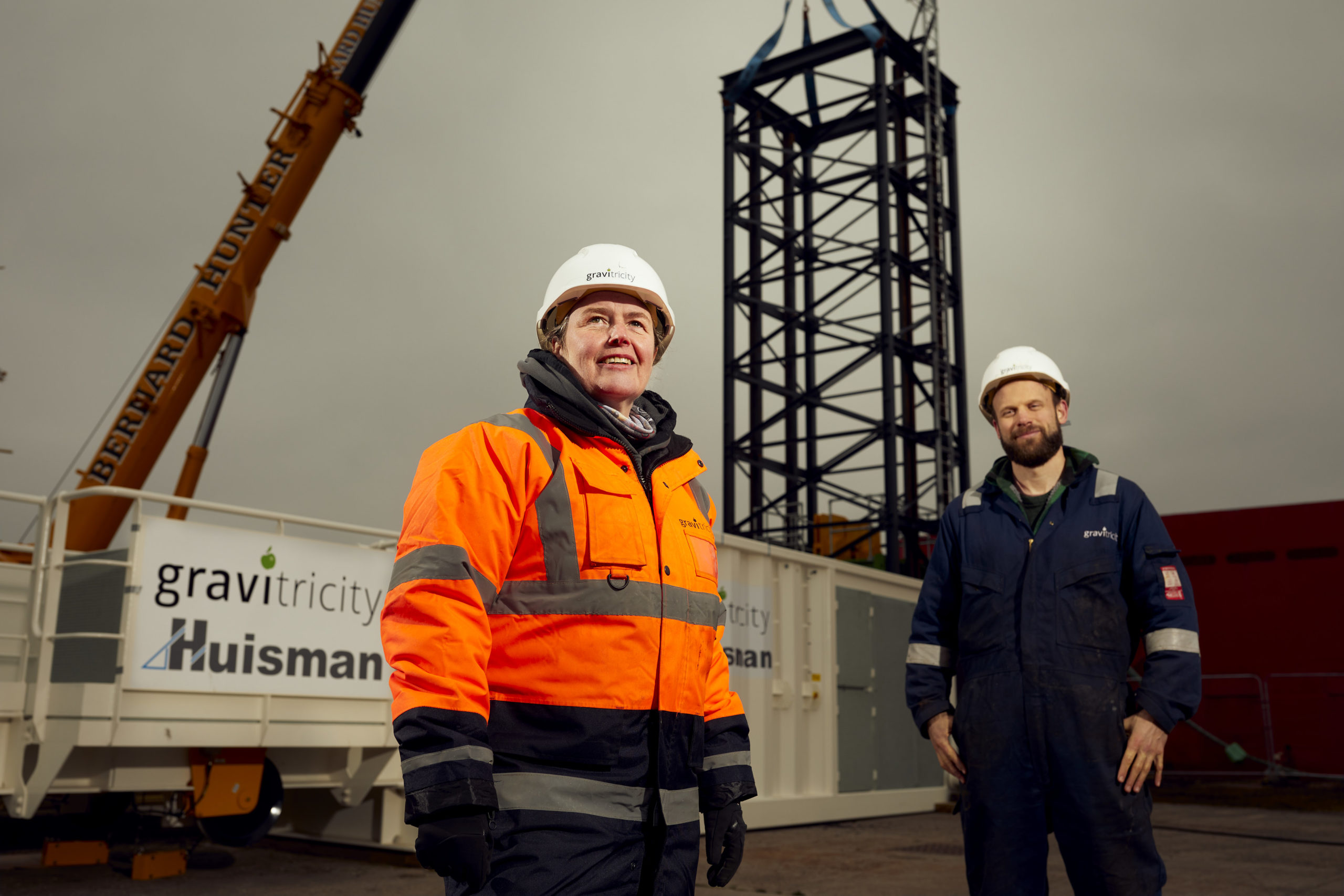
EDINBURGH firm Gravitricity has secured £300,000 in funding to study the feasibility of storing hydrogen in purpose-built underground shafts.
The energy storage specialist will work alongside built environment consultancy, Arup, to deliver a complete system design and commercial feasibility report for the novel idea, as well as identifying a potential site for the underground hydrogen store.
Funding comes from the Department of Business Energy & Industrial Strategy (BEIS), with Gravitricity revealing that if the project proves to be successful, it could be selected to enter a second phase which see the build of a multi-million pound demonstrator – which would involve sinking a purpose-built concrete lined vertical underground shaft with a domed cap.
Commenting on the project, Gravitricity’s hydrogen and thermal storage lead, Sally Molyneux, said, “If green hydrogen is to become a mass market fuel of the future – for example for providing heat to industry or powering heavy vehicles – then we need to find ways to store it safely and in large quantities close to where it is needed.
“Storing hydrogen in underground shafts is intrinsically safer and less obtrusive than above ground options and is a solution that does not require unique geology such as salt caverns. We believe Gravitricity’s innovation is a scalable storage method which is cost effective, extremely durable, and can be implemented everywhere.”
Gravitricity MD, Charlie Blair, added,“Our partnership with Arup creates a combined team with all of the expertise and experience required to build and deliver Gravitricity underground energy stores. In the past, our cities relied on huge gasometers to store the gas they required. In the future, our towns can look to purpose-built shafts to safely store the green hydrogen they will need.”








